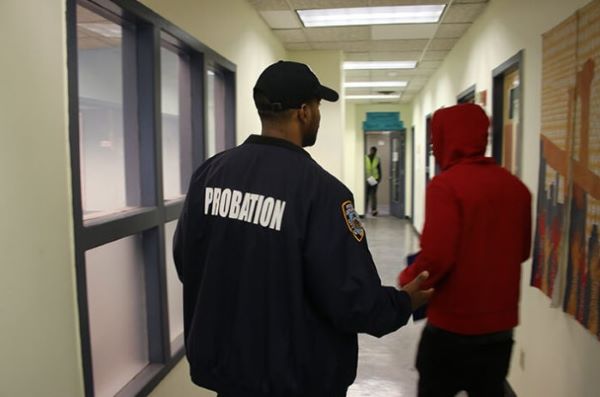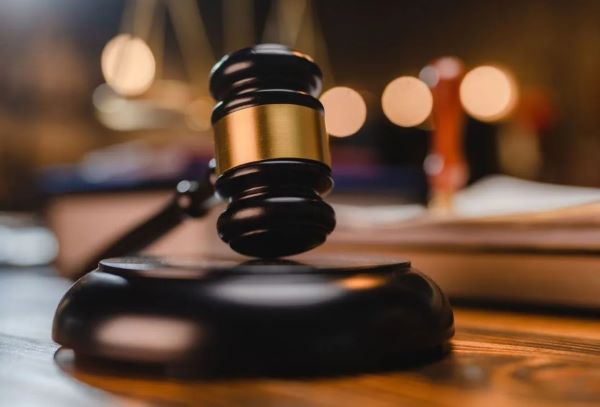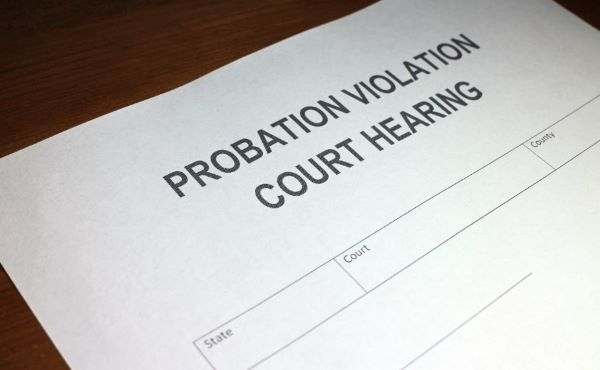Probation might seem like an escape from your jail sentence, but dealing with its consequences is not as easy as it sounds. Probation is given to someone who has committed or been sentenced for a crime, but instead of serving time in jail, they are put under probation. As part of the probation, they must follow the conditions; violating them could have serious legal consequences. Understanding the consequences of probation violations in Greensboro, NC, is crucial in avoiding missteps.
Types of Probation in North Carolina
A judge who issues a sentence in North Carolina can place the convicted individual under probation, depending on the circumstances involved in the case. If they are placed under probation, an individual must follow the conditions and rules set within that probation within the specified period. Compliance with the probation rules ensures they do not have to serve their sentence in jail.
North Carolina has two types of probation: supervised and unsupervised.
Supervised Probation
A supervised probation is when a convicted individual is placed under the care of a probation officer. In the former the felon must meet with the probation officer within a specified period and frequency to ensure compliance with the probation rules and conditions issued by the judge.
They are not allowed to travel out of the city, state, or country unless they obtain permission from the court to do so. In addition, they must pay for the supervision fees and willingly submit to warrantless searches. There might be additional conditions depending on the nature of the case, such as providing community service or attending an abuse treatment program (for drug or alcohol use).
Unsupervised Probation
Unsupervised probation does not require a probation officer, so compliance with the probation conditions is not monitored. The only condition for this type of probation would be to pay the court costs and fines and avoid violating the law while on probation.

Types of Probation Violations
When the court assesses the probation violation, they typically categorize it as either one of two probation violations: technical or substantive.
A technical violation is non-compliance with the probation conditions. For example, an individual fails to meet with the probation officer within the agreed schedule (for supervised probation) or does not attend the recommended treatment programs. On the other hand, substantive violations apply to those who commit a criminal offense while under probation.
Whether one commits a technical or substantive violation, they are addressed by the North Carolina law as serious offenses. Depending on the specific violation, it could lead to the probation revocation from the judge, which means a person has to go to jail to serve their sentence.
Common Causes of Probation Violation
Deliberate or unintentional actions can lead to various probation violations. When this happens, it could jeopardize one’s probationary status, with the possibility of serving time. Learn about the common causes of probation violations so you can avoid them.
- Failing to meet with the probation officer – This violation applies to supervised probation. Meeting with a probation officer is required for supervised probation, so keep track of this schedule so you don’t miss a meeting.
- Failing to appear at court hearings – Aside from meeting with a probation officer, some cases require those under probation to attend court hearings. Failing to appear in court is a blatant violation of the probation conditions.
- Failing to pay fines – Individuals under probation must pay fines to cover the court costs and for restitution to victims. Neglecting one’s financial obligations can be a violation of probation terms.
- Not fulfilling community service – Individuals under probation must perform community service for a set number of hours. Failing to do so will constitute a probation violation.
- Travelling to another city or seeing certain people – Certain probation conditions do not allow an individual to travel to other cities or states or contact specific individuals while under probation.
- Committing another crime – Committing another crime while under probation is a serious violation of existing probation conditions. Therefore, it could result in jail time, modification of the terms of probation, or revocation of probation.

Navigating the Consequences of Probation Violation
Once a probation violation is committed, or if one is alleged to have committed the act, working with experienced criminal defense attorneys in North Carolina is crucial. It is crucial to ensure you have someone with legal expertise to guide you in this situation and take proper legal measures to avoid serious consequences.
When someone is accused of violating their probation, they must attend a hearing, just like any court trial. The prosecutor must present evidence of the probation violation, and if there is no substantial proof, then the court will uphold the existing probation conditions. Therefore, you need an attorney to respond to the evidence presented and challenge those allegations.
One approach to challenging the allegations of probation violation is the claim of insufficient evidence. If the prosecutor cannot provide enough evidence to prove a violation, it could lead to dismissal of the case.
Another strategy to challenge probation violation accusations is good faith. The NC lawyer must present proof that the convicted individual has maintained compliance with the court’s conditions on probation.
And when all else fails, the lawyer can also challenge the terms of the probation. If they are unreasonable or burdensome, the court can dismiss the allegations.
What to Do When You’re Accused of Probation Violation?
Given the complexity of the accusation surrounding probation violation and its potential consequences, the first and most important thing to do is call a lawyer. An experienced legal representation will ensure you can navigate the complexities of this legal process and build a strong defense. With a lawyer to provide legal assistance, you could retain your probation and avoid the possibility of going to jail.
The next step is to gather evidence of your compliance. Prepare documents essential to your probation conditions, such as attendance records of your treatment program or proof that you have completed the community service. Gather as many documents as possible to support your case and prepare for the probation violation hearing. Develop a strategy with your attorney to respond to the violation report and show proof of non-violation.
A systematic approach, with the help of an attorney’s legal expertise, can help navigate this situation successfully. At Garrett, Walker, Aycoth & Olson, Attorneys at Law, our law firm is focused on helping people who are on probation navigate the often difficult world of being Supervised to finally being free of the criminal justice system. If you or someone you know has a probation issue or a probation violation, do not hesitate to call our Probation Lawyers at 336-379-0539.


